Optimal Timing for Siding Services
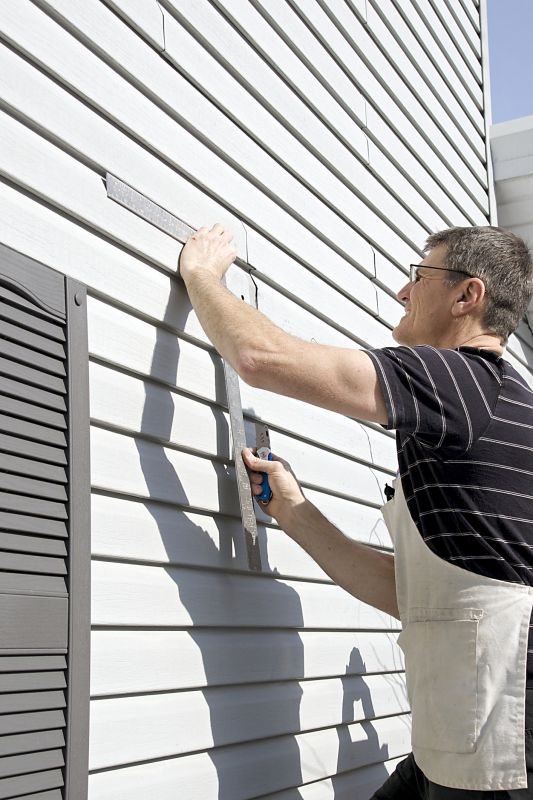
Spring offers moderate temperatures ideal for siding installation and repairs, reducing weather-related delays.
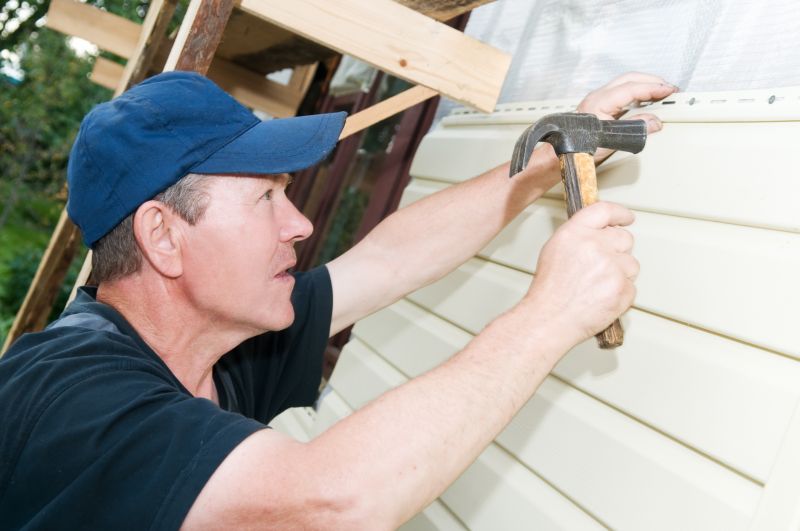
Summer provides long daylight hours and warm weather, making it suitable for extensive siding work.

Fall is a good time to upgrade siding before winter, with cooler temperatures and less humidity.
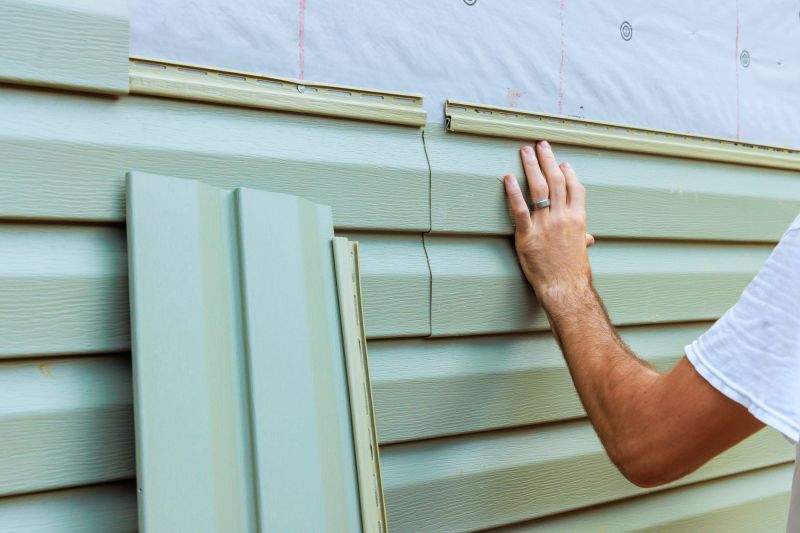
Ways to make Siding Service work in tight or awkward layouts.
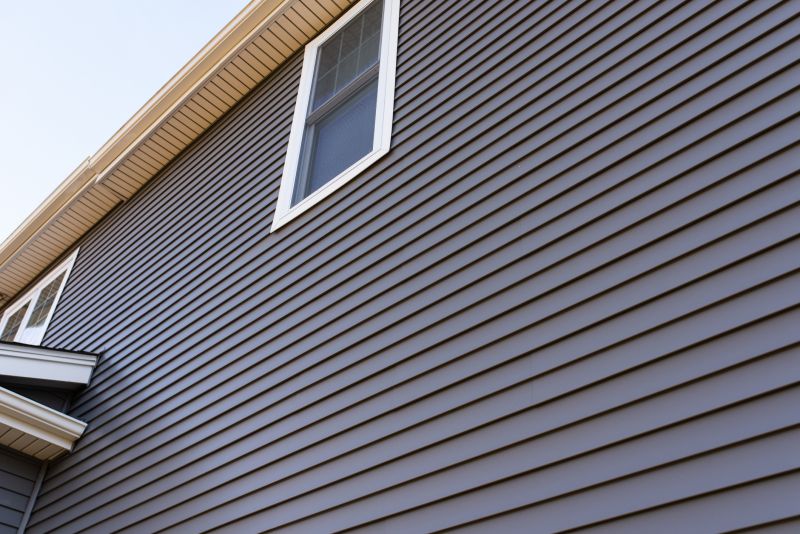
Popular materials for Siding Service and why they hold up over time.
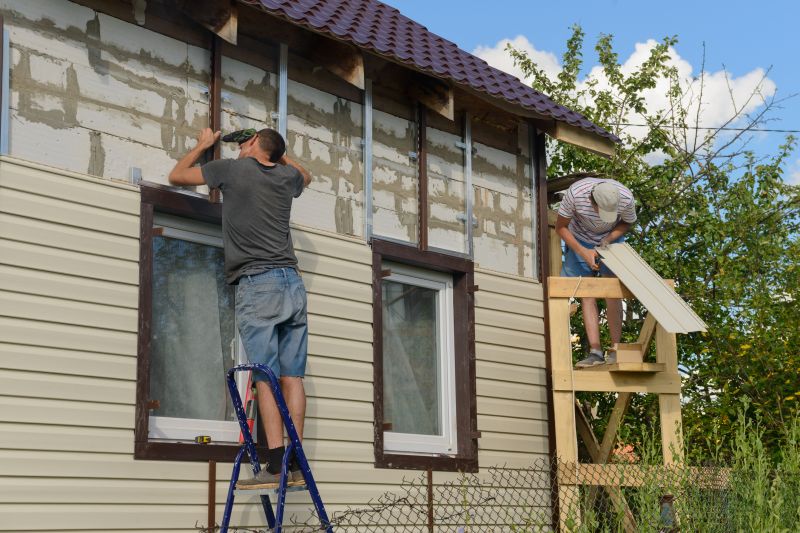
Simple add-ons that improve Siding Service without blowing the budget.
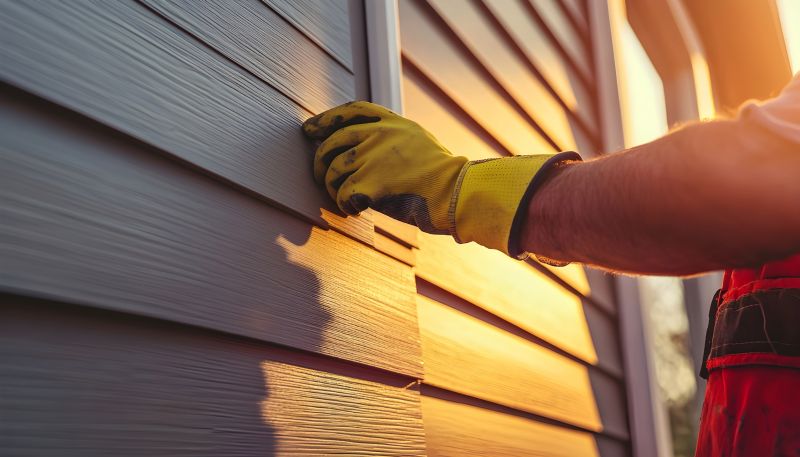
High-end options that actually feel worth it for Siding Service.
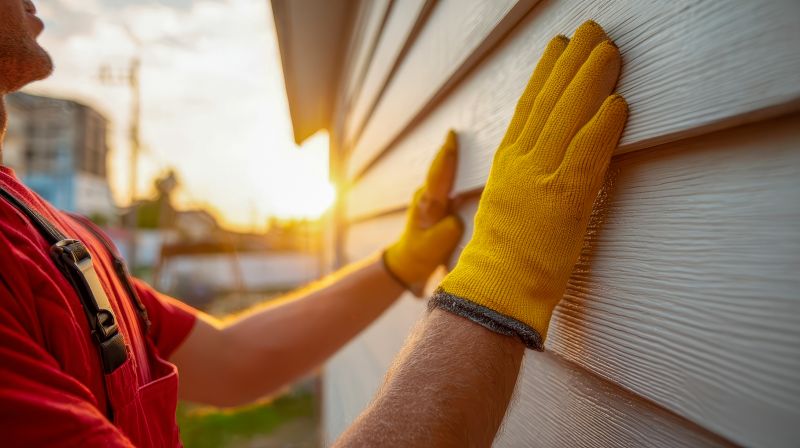
Finishes and colors that play nicely with Siding Service.
Siding service encompasses a range of installations, repairs, and maintenance tasks aimed at protecting and enhancing the exterior of buildings. Proper siding improves energy efficiency, prevents water intrusion, and boosts curb appeal. The optimal timing for siding work depends on weather conditions, with mild temperatures and low humidity being ideal for most projects. Scheduling during favorable seasons can prevent delays caused by extreme heat, cold, or precipitation.
Statistics indicate that the majority of siding projects are completed in spring and fall, aligning with moderate weather patterns. In regions like Massachusetts, avoiding winter and peak summer months can reduce the risk of weather-related complications. Proper planning ensures siding materials adhere correctly and last longer, providing durable protection and visual appeal.
Ideal siding work occurs during periods of stable, dry weather with temperatures between 50-85°F.
Different siding materials have specific temperature ranges for optimal installation and curing.
Planning siding projects during off-peak seasons can lead to faster completion and better results.
Scheduling siding before winter ensures the exterior is sealed and protected from harsh weather.
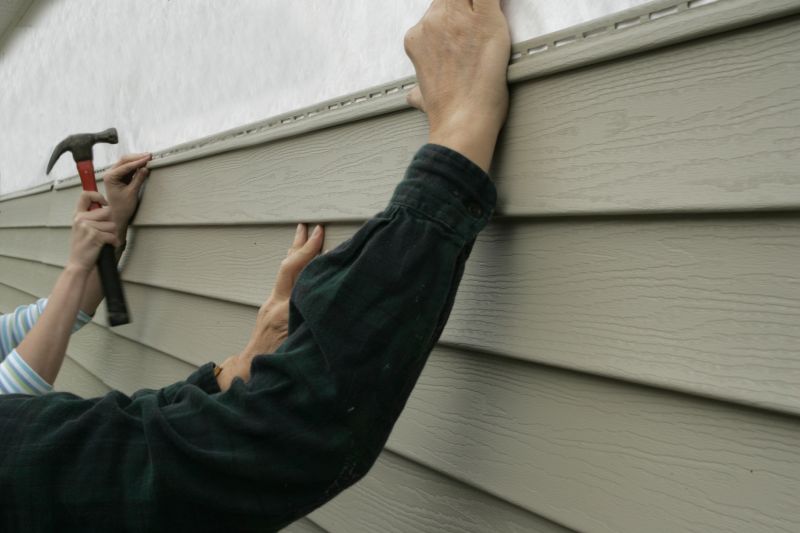
Professional siding installation ensures durability and aesthetic appeal.
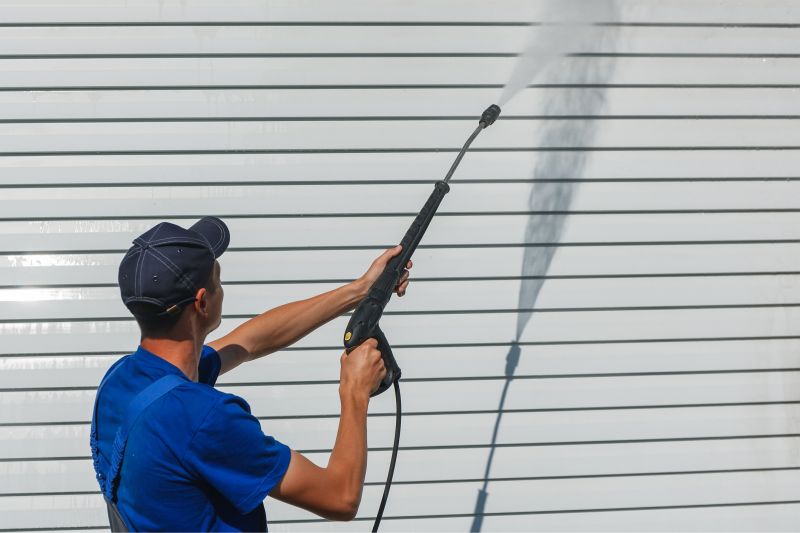
Proper surface preparation is key to successful siding projects.
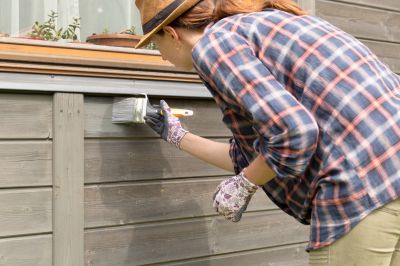
Completed siding enhances the exterior appearance and provides long-term protection.
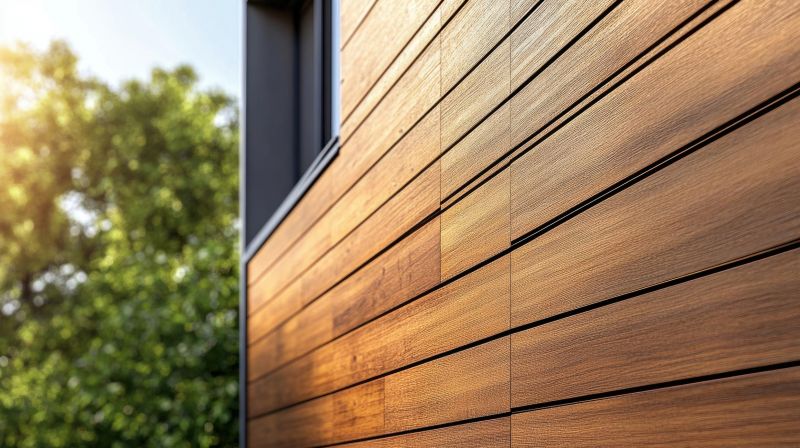
High-quality siding materials resist weather damage and maintain appearance.
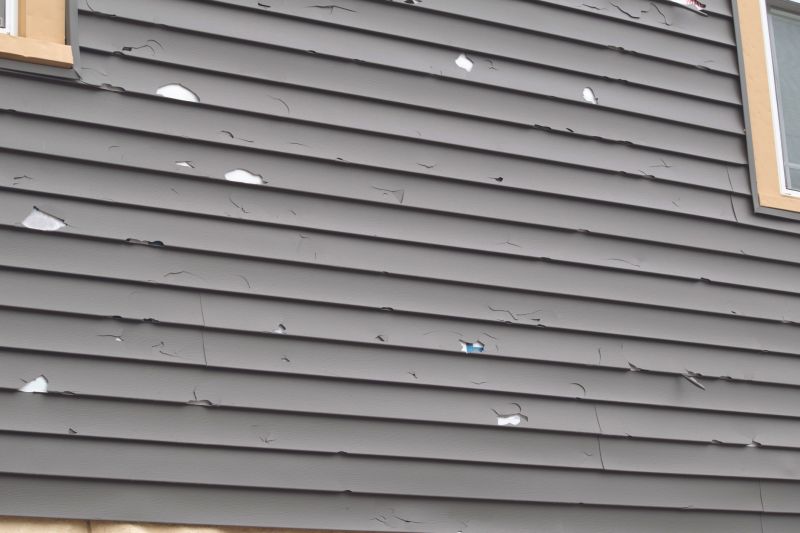
Timely repairs prevent further damage and extend siding lifespan.
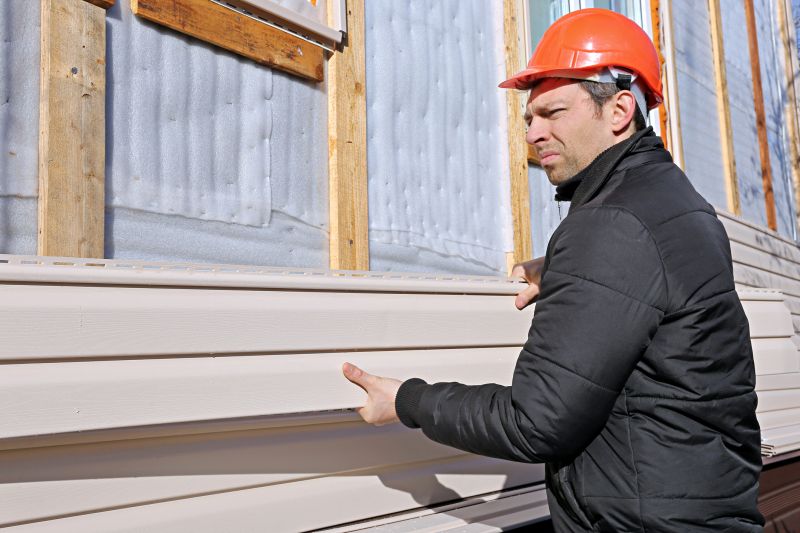
Regular inspections identify issues early and keep siding in optimal condition.
| Season | Ideal Conditions |
|---|---|
| Spring | Moderate temperatures, low humidity, and minimal rain |
| Summer | Warm weather with long daylight hours |
| Fall | Cooler temperatures, dry weather, and less humidity |
| Winter | Generally not recommended due to cold and snow |
Choosing the right time for siding service can influence the quality and longevity of the installation. Proper scheduling ensures materials adhere correctly and reduces the likelihood of weather-related issues. It is advisable to avoid extreme temperatures and high humidity periods for optimal results. Planning ahead can also help coordinate with other exterior projects and avoid seasonal delays.
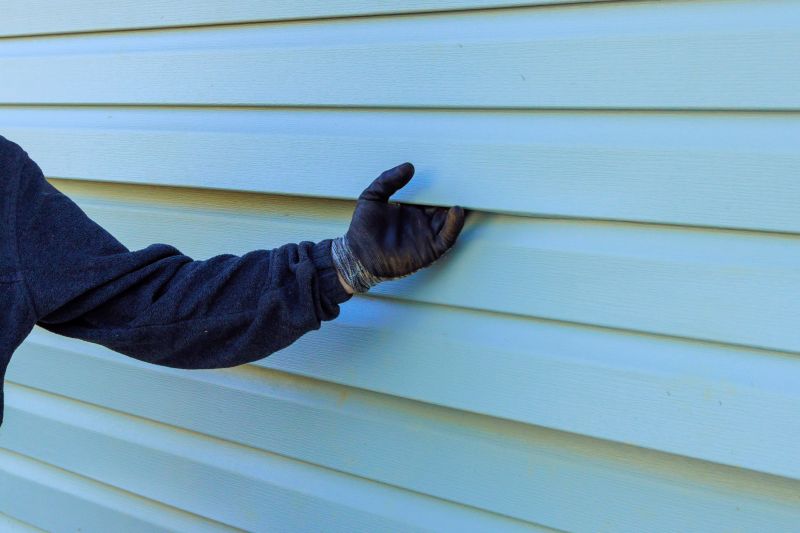
Professional advice on timing and materials for siding projects.
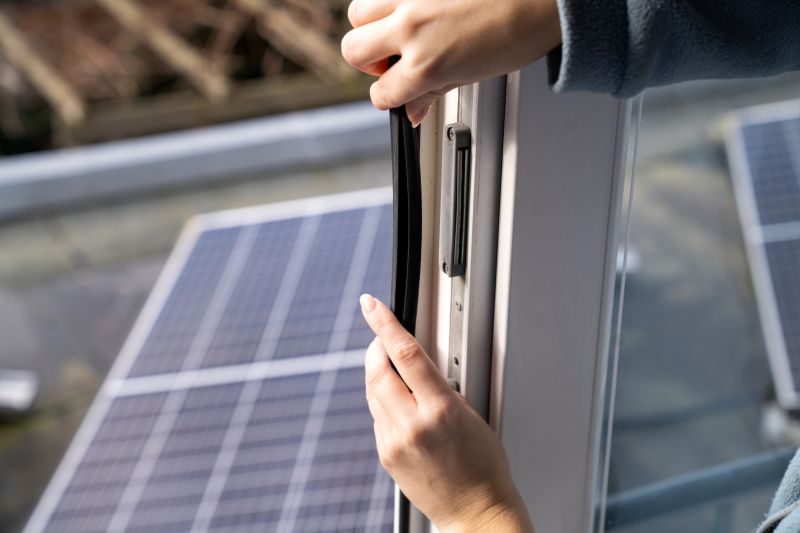
Expert installation during suitable weather conditions.
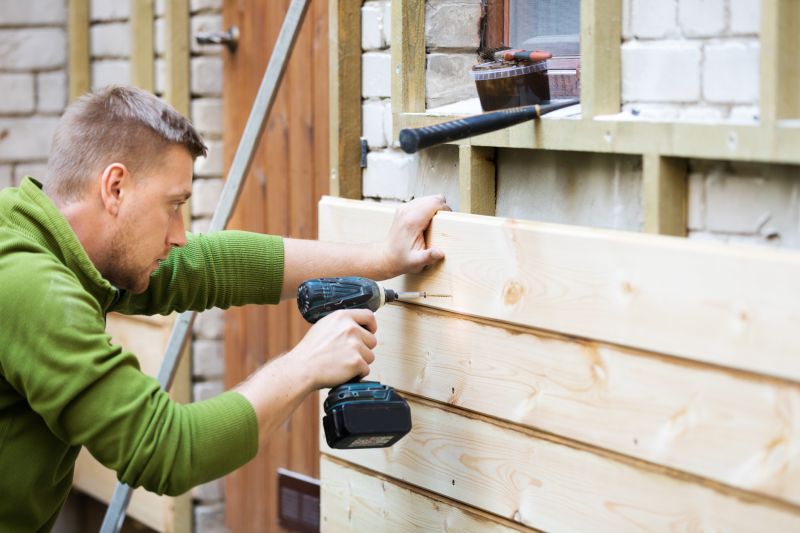
Aesthetic and durable exterior enhancement.
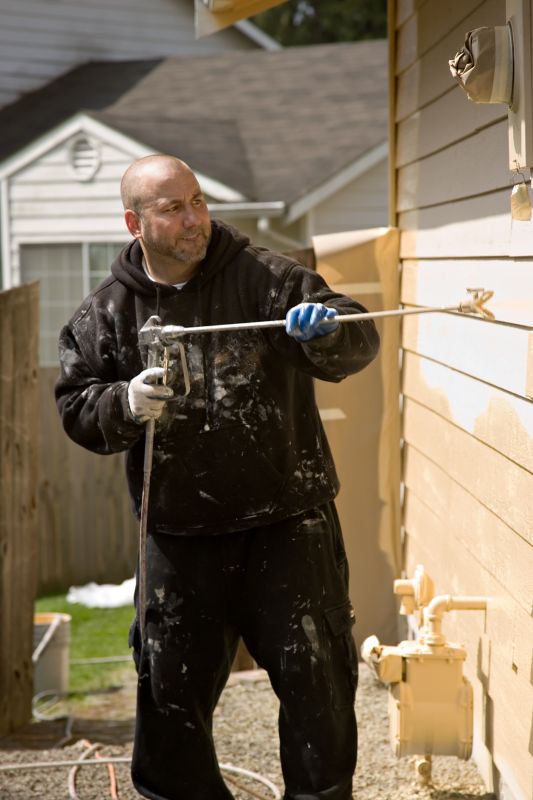
Regular check-ups to prolong siding lifespan.
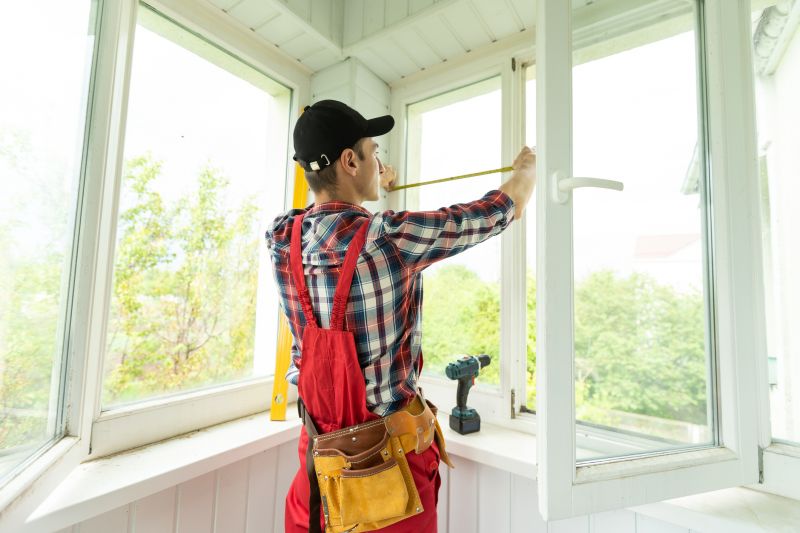
Little measurements that prevent headaches on Siding Service day.
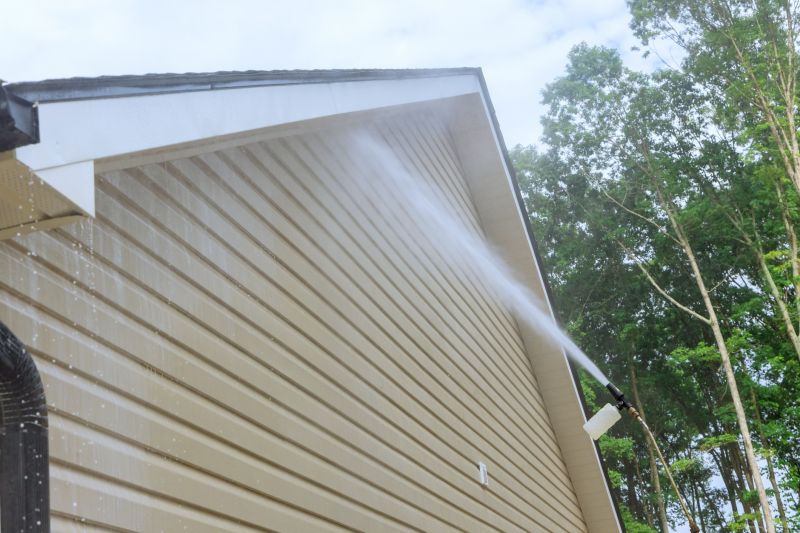
A 60-second routine that keeps Siding Service looking new.
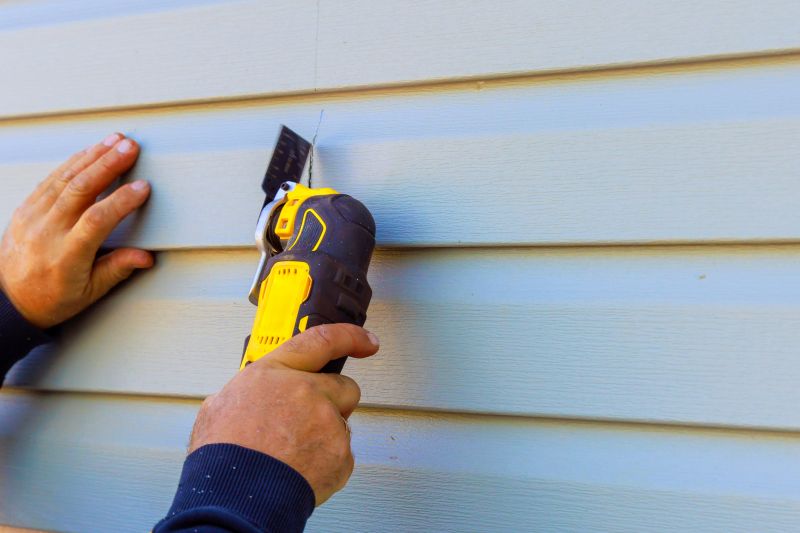
A frequent mistake in Siding Service and how to dodge it.
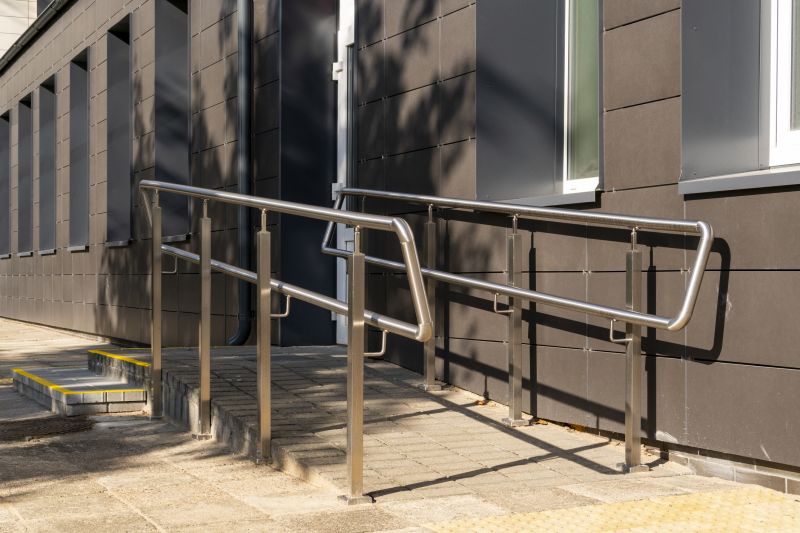
Small tweaks to make Siding Service safer and easier to use.
Interested parties are encouraged to contact for more information about scheduling siding services. Proper timing can ensure the best results and long-lasting protection for building exteriors.



